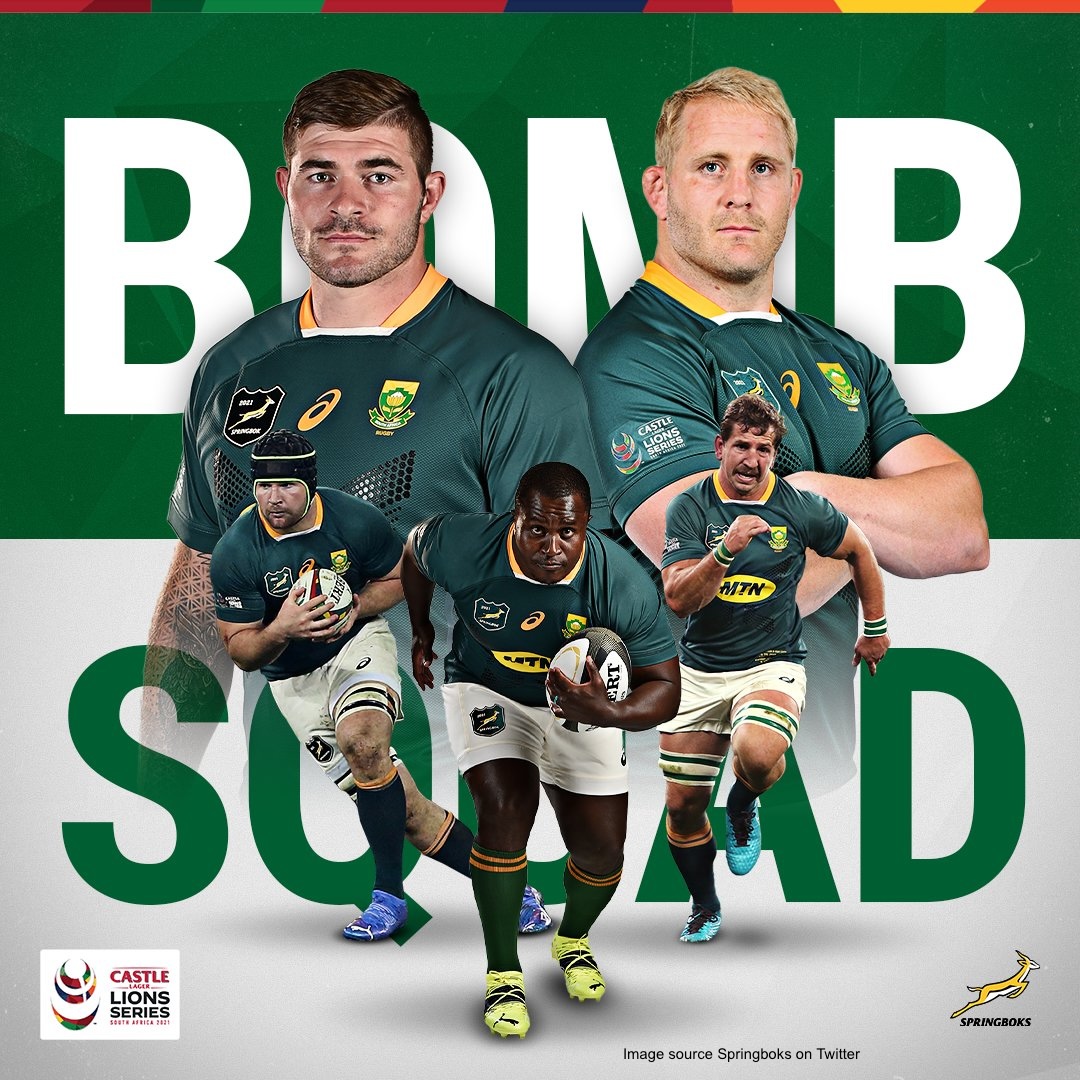In 1994, South Africa faced an inflection point. Decades of apartheid had left scars on the country, and a fragile peace hung in the balance. The Government of National Unity (GNU) emerged as a solution, bringing together opposing political parties to craft a new path forward.
This collaboration, though far from perfect, was built on the principle of inclusion. For many, it felt like a miracle that so many diverse groups could work together to create a constitution and build a democratic future.
Fast forward to 2024. The ANC, once a dominant political force, had lost its majority. Cyril Ramaphosa, facing a deeply divided nation, revived the GNU concept.
For the ANC, the GNU was not just about survival but about creating something that could unite a fractured country. Ramaphosa named the principles underpinning it , including respect for the constitution, and invited other parties in.
The GNU quickly became a powerful symbol once again - this time in a new era. It allowed different parties to unite under a shared vision of stability and growth. So far, it has worked well, bringing together old foes and ushering in a new hope for South Africa.
No experts predicted or expected the GNU concept before the election. It rose out of a word coined by the President. GNU has taken on a powerful new meaning for South Africa.
At first glance, this story has little to do with rugby. But when you look deeper, you'll find a surprising connection.

Rassie Erasmus, the Springbok coach, introduced a game-changing concept in rugby: the "Bomb Squad."
Rugby teams typically saw reserves as second-tier players, only used when someone got tired or injured. Erasmus flipped that script. He renamed the reserve forwards "the Bomb Squad". He gave them a mission: come in during the final stages and blow the opposition away.
It was more than a tactical shift - it was a cultural one. Reserves were no longer just backups. They had a critical role and a clear purpose.
By the time the 2023 Rugby World Cup rolled around, the Bomb Squad wasn't just a natural extension of the Springboks' game plan but was feared and reviled by the opposition. So much so that opponents started to say that what Rassie was doing should be outlawed even though it was 100% legal. The South African team had outmanoeuvred their opponents, who didn't like it.
So, what do the Bomb Squad and the GNU have in common?
Both examples show how naming and storytelling can transform how people see themselves and their roles. Humans are wired for stories and will jump at the opportunity to participate in a story that is meaningful to them.
Political parties that might have been at each other's throats were suddenly part of a collective mission as partners in the GNU.
In the Bomb Squad, reserve players were no longer warming the bench, waiting for their chance. They were critical to the team's success and knew and felt it. It transformed a bunch of rugby reserves into a team within a team with a mission to disrupt and dominate.
People perform better in politics or sports when they feel part of something bigger than themselves. The GNU didn't just save South Africa from political collapse in 1994 - it gave us a story that we could believe in, a narrative of unity and progress. This one phrase, GNU, has once again provided unity and hope. More than just a coalition government, the GNU is a promise of hope.
Naming matters.
It creates identity. It builds unity.
In both cases, a simple and compelling story reshaped reality. When people believe in the story, they act to make it come true.
Both tap into the human need for purpose, identity, and belonging. When you get those things right, whether on the field, in a parliament, in the board room, in the office or on the shop floor, remarkable things can happen.
Don't underestimate the power of a name or the story you tell.
